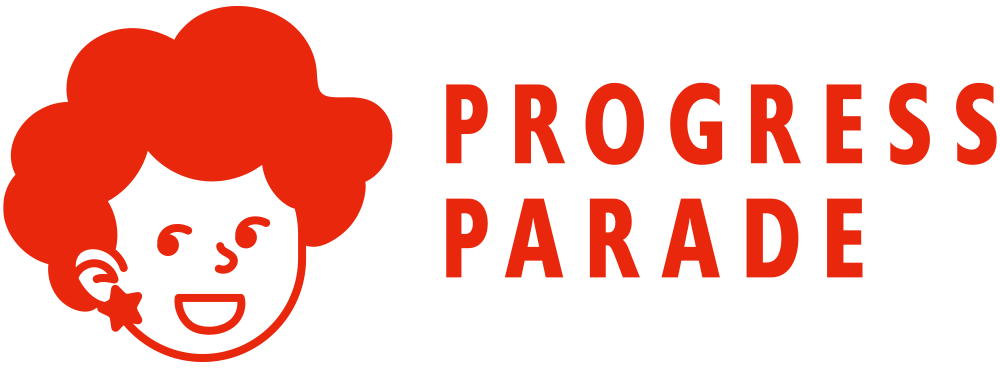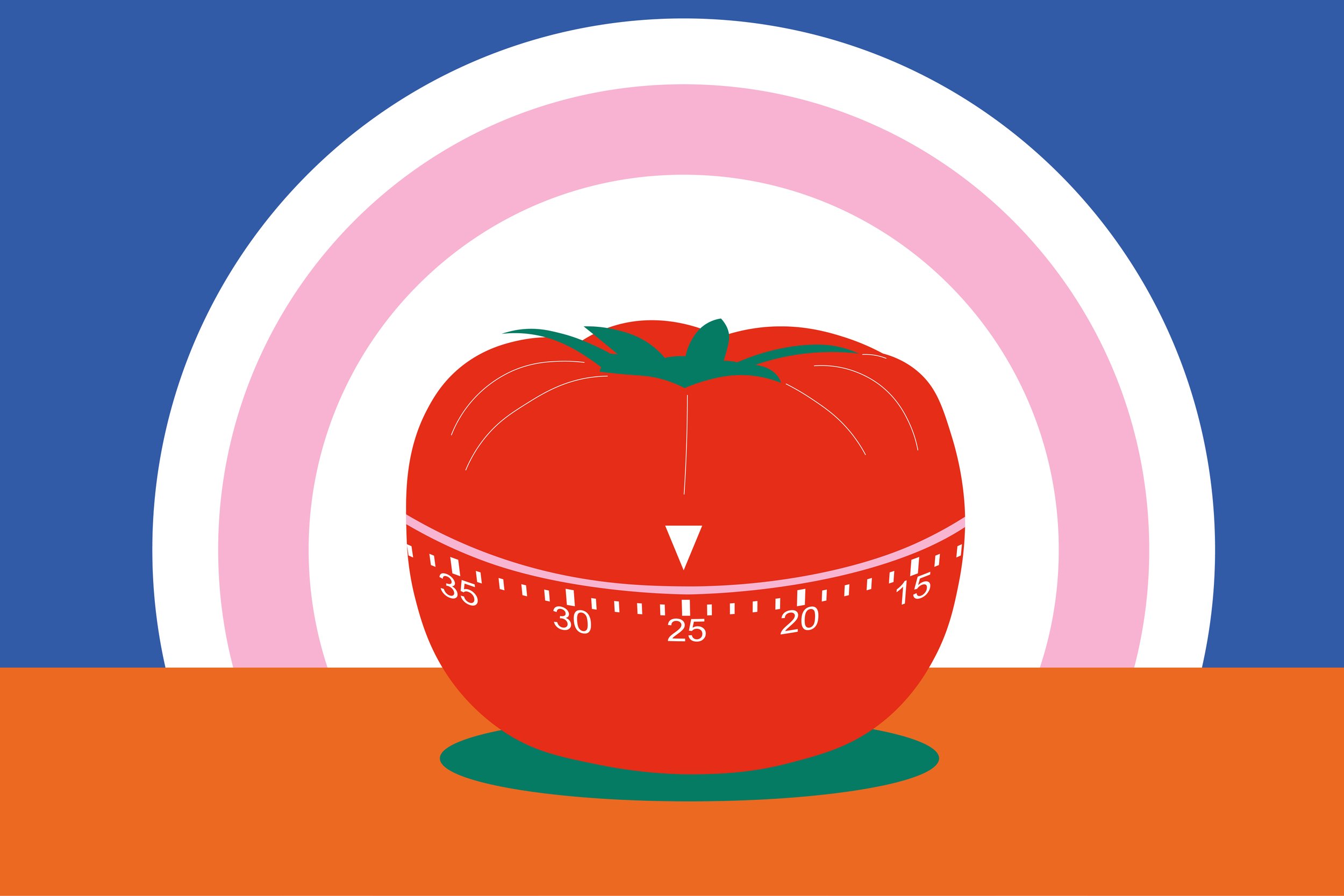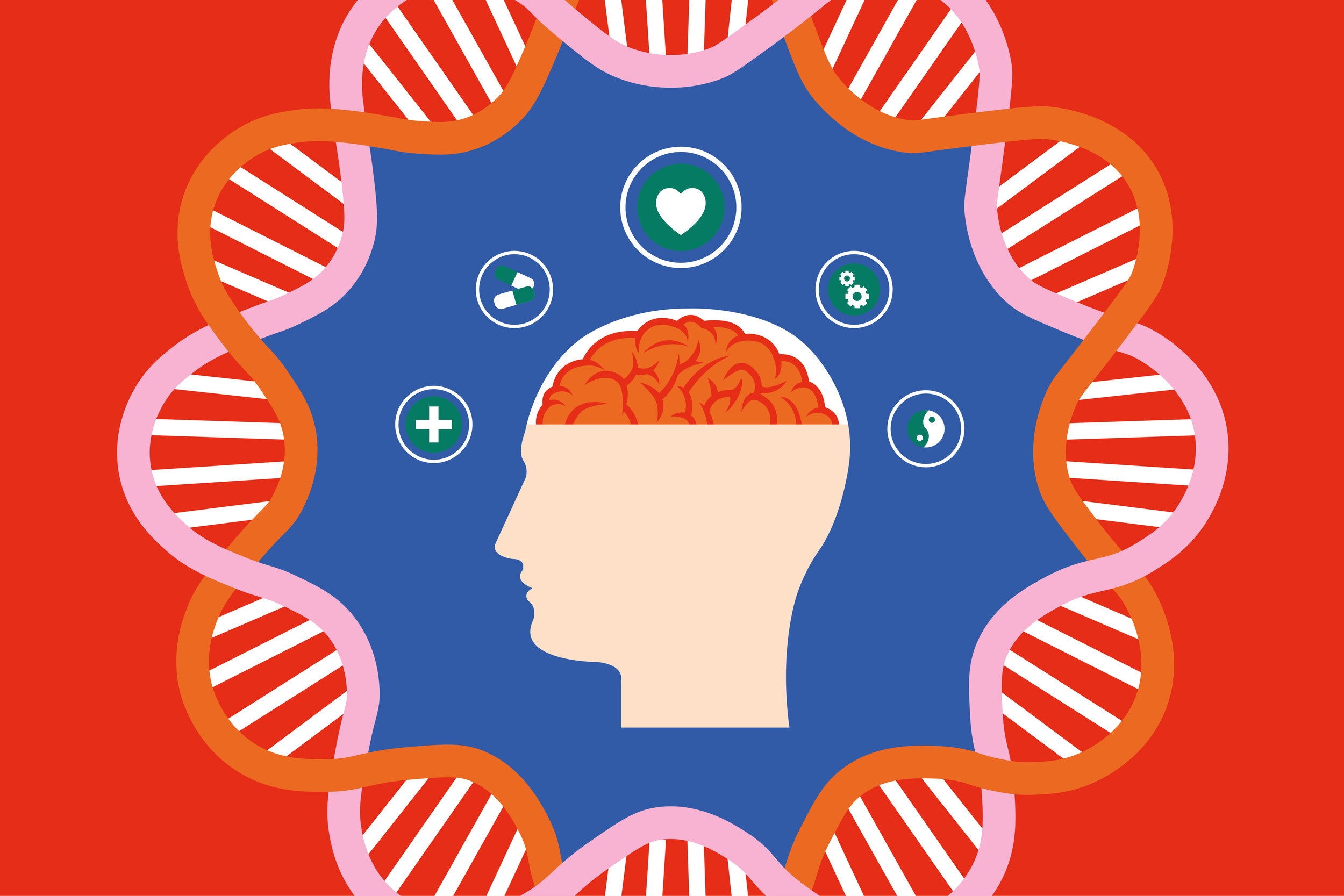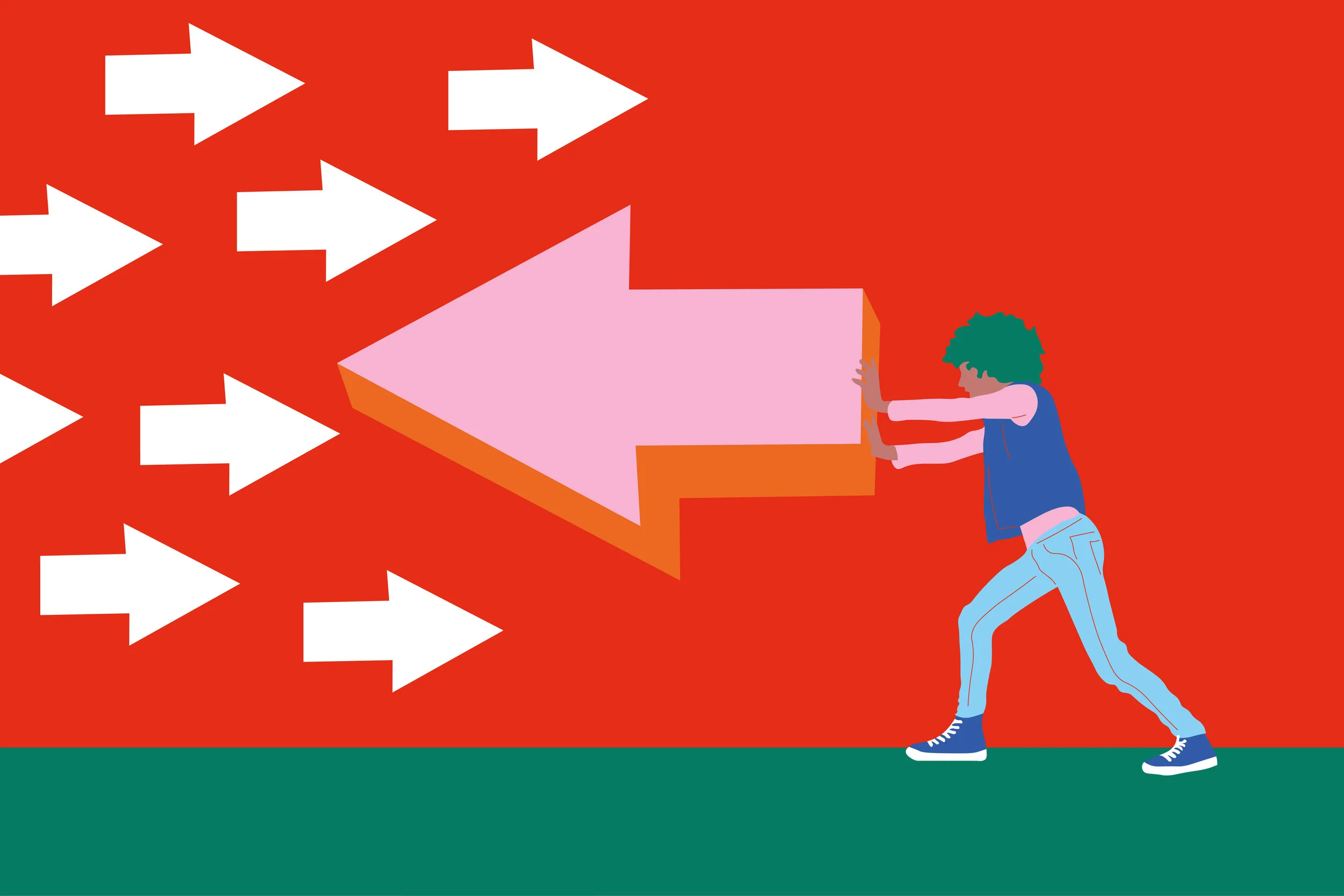ADHD: Advice, misconceptions, tips for talking with your child, and more
I recently worked with a parent as she began the journey of getting her son diagnosed with ADHD. She knew something was not quite right and asked his teachers for years if they thought something was “wrong” with him. They always assured her that nothing was out of the ordinary. As her student got older, his issues grew into larger behavioral problems both at school and at home. With things progressing, she knew she had to act.
She had a lot of questions throughout the process. While she was relieved to finally hear the diagnosis, a new wave of worries and fears arose. What does this mean for his future? How do I help him? Will this impact his confidence? All of her questions were valid and completely understandable. She was one of many parents feeling lost and alone in understanding ADHD.
This article aims to demystify many aspects of ADHD for parents. We will discuss diagnosis, school collaboration, parenting strategies and other tools and tricks that have worked to help children with ADHD thrive.
Before proceeding, I want to make you aware of an important disclaimer: no two children with ADHD are alike and none will perfectly fit the prototypical stereotype that society has created. Remember that the best thing you can ever do for your ADHD child is to love and support them for their personality and character and not for their disability. Try your best to take the “should” out of your mind when considering your child and do your best to support their strengths. The following information and tips will hopefully save you some headaches and make for a more peaceful day to day.
What do I do if I think my child has ADHD?
If you suspect your child might have ADHD, this page on the Children and Adults with ADHD (CHADD) website is a helpful place to start. It does a great job outlining typical symptoms of ADHD. A key diagnostic criteria is that your child demonstrates 6 or more specific symptoms of inattention and or hyperactivity consistently over a 6 month period.
If you feel that your child demonstrates many of these symptoms, the next step is to speak to your family pediatrician. My personal recommendation is that you ask for a referral to a psychiatrist or psychologist and get a neuropsychological evaluation. While pediatricians are capable of evaluating ADHD and prescribing medication, psychiatrists and psychologists tend to be more specialized and knowledgeable in ADHD. You will likely get a much more comprehensive evaluation, report and recommendations from a psychologist than you would typically get from a pediatrician. They will likely ask you, your child and their teachers to complete rating scales, they will complete interviews and observations and will complete a variety of tests in person. From there, they can accurately determine if your child meets the classifications and make some recommendations for treatment. You can also bring that information to your child’s school to potentially develop an IEP or 504 plan.
Two big misconceptions around ADHD:
My biggest recommendation is to keep an open mind and seek out education. Before I make some more specific recommendations, I would like to take a few minutes to clear up a couple misconceptions I hear from many parents:
Taking ADHD medication means I’m “medicating” my child (and changing their personality).
We here at Progress Parade are not fans of the term “medicating” in regards to taking prescribed ADHD medication. If your child takes the antibiotics necessary to recover from an infection, we wouldn't say you were medicating them.
This comes from a huge misunderstanding about ADHD medication that is worth clarifying. Much of the negative medication stigma has resulted from the use of very intensive stimulant medications that grew in popularity in the early 90s. These medications often left children appearing lethargic and less like themselves. Parents worry that ADHD medication will make their children “zombies.” Parents also worry that these drugs will be addictive or that children might abuse them. Like most bio-medical technology, medication has come a long way in 30 years. Drugs have become much cleaner and there are so many different kinds of medications and dosages on the market. A good psychiatrist will take the time to get to know your child’s unique needs and determine which prescription would be a good fit. Be patient though as this is a process. The first drug may not be the best fit, and you’ll likely meet with your doctor several times before you find the right dosage for your child. You may have to periodically adjust medication if effectiveness seems to change or after major changes. You may find that you need extra patience and dosage adjustments after major biological changes, like puberty.
I do want to note that just because your child has ADHD, does not mean they need medication all the time (and some never need medication)l. Some kids only take meds during the school day, others only take it to help with homework focus at night. Some kids need more coaching and counseling to address their deficits and find that medication does not help them. There is a lot of research that suggests the greatest outcomes for ADHD involve a combination of therapy and medication however this journey will be very unique and individual to your child’s needs.
My child is just spacey. Or my child just can’t sit still.
In looking at the diagnostic criteria, typical ADHD symptomatology includes forgetfulness, lack of focus, impulsivity, disorganization and/or restlessness. All of these are the tip of the iceberg of what is happening in an ADHD brain. A lot of parents don’t realize that kids with ADHD may also struggle with sleep, anxiety, depression, emotional regulation, mood, peer relationships or general behavior problems. ADHD primarily impacts executive functioning which then dictates what the rest of the brain can do. If one process isn’t operating correctly, everything else can go haywire. Additionally, somedays kids will have spot-on organization and struggle with emotional regulation and other days it could be flipped. ADHD symptoms are predictably unpredictable, and we have to be prepared to support the unique symptoms that may appear on any given day. There are things we can do to create some more predictability and minimize symptoms, but be prepared that kids with ADHD can be the most needy at often the most inconvenient times.
“Remember that the best thing you can ever do for your ADHD child is to love and support them for their personality and character and not for their disability.”
What do I Tell My Child? Should I tell them they have ADHD?
According to the National Institute of Mental Health the median age of onset for ADHD is 6 years old. As you can imagine, it may not be easy (or advisable) to share information with a 6 year old that they won’t be able to understand or process. As your child gets older you may choose to be more forthcoming about their diagnosis and what that means. Here are some guiding script that may be helpful for your child depending on their age:
Ages 6 to 8: “Do you remember how we saw Dr. Smith? He did some different activities and games to learn a little more about you. He told me that it might be hard for you to pay attention in school or that you may have a hard time waiting your turn. I’m going to talk to your teachers about this and we’ll work together to help you do your best!”
Ages 9 to11: “Do you remember how we saw Dr. Smith? He pulled a lot of information together and told us why you might be having a hard time getting your homework done and why your teachers are sending you to the office. He told us that you have something called Attention Deficit Disorder. Have you heard of that? It means that your brain processes information differently and you may need some different help from your teachers to learn to manage some symptoms. I’m going to meet with your teachers and they are going to help me come up with a plan for you in school. I want you to know that this is not a bad thing, just something to be aware of. We’ll work together to make sure you can be as successful as possible.”
Ages 12+: For these kids, I’d recommend a similar script to the 9 to11 age range but I would also focus on helping them learn about their symptoms and be active in the development of their school plans. At this age, they can learn to advocate for their needs. Self-awareness and advocacy needs to be a key part in the treatment process. Also, be aware that teenagers have a sensitive self-concept and care a lot about what other people think, so be sure to normalize their disability as much as possible. Remind them that ADHD is part of them and not a defining characteristic.
What else can I do at home to support my child with ADHD?
Many parents tell me that their child with ADHD will do fine at school but will fall apart at home. If you think about how schools run, everything is structured and scheduled. Behavior expectations are clear and routines are predictable. All kids, but especially ADHD kids thrive in that environment. When kids come home, they are tired, hungry and have several hours of unstructured time. In this environment, ADHD brains will struggle to meet any expectation you have for home chores or work completion. Below are some strategies that I highly recommend building into your home life.
Have a routine that is clear and that your child knows about.
Some suggestions for weekdays include a visual schedule that includes time frames. This should include consistent wake-up and bedtimes as well. Make sure kids know how their time should be spent in the afternoon and break the tasks down as much as possible so kids can be successful. Instead of scheduling “homework” from 4:15-5:15, try math from 4:15-4:30, “break” from 4:30-4:45 and “independent reading” from 4:45-5:15. Consider the use of a timer to help the child independently manage their time. It is okay to schedule downtime or play breaks but just be mindful and strategic with scheduled break times.
Maintain consistent expectations.
This goes along with keeping a clear routine. Kids do well if they know what is expected of them. If a child knows that you expect their room to be clean daily, show them what you want it to look like with visual models. Support them in learning to do the task and give them a specific timeframe to do it. Furthermore, be clear about rewards and consequences for not choosing to follow expectations. If you expect that a child prepares their clothes for the next day, be prepared to follow through with the removal of a privilege if it is not accomplished. If you are consistent, they will be too.
Use “First/Then” language.
Often an undesirable task can be very overwhelming to a child with ADHD. The thought of taking the dog for a walk seems way less appealing than playing video games. Kids with ADHD respond well to a first/then model. First take a bath and brush your teeth, then you can watch TV for 30 minutes. Don’t expect that an ADHD kid will ever do something “because you said so.”
Don’t take their ADHD (and resulting behavior) personally
While kids with ADHD often make mistakes and fail to accomplish tasks you’ve asked of them, they are rarely being willfully defiant (though sometimes it really feels like they are). Remember that kids will do well if they can, so failure to do something may mean that their executive functioning skills are malfunctioning. Consider the task and how you might be able to reframe it in a way that is more ADHD friendly. Kids with ADHD may also be very impulsive and, when emotional, may say things that are hurtful to or about you. When they have a chance to calm down, they will often apologize and recognize how they’ve erred. Do your best in a moment of high emotions to remind yourself they are struggling and need you to stay calm. Ride the wave and it will be over soon.
Make household changes, not just for the ADHD child
One concept that educators often refer to is universal design for learning: a change that benefits one child will likely be good for all children. Even though your neurotypical children may not require the same levels of support as your ADHD child, make it clear that the changes you’re making are for everyone in the house. It will go a long way in protecting your ADHD child’s self-esteem to not be singled out. This will lead to a more peaceful household all around.
Consider sports and other healthy and fun outlets.
While not every ADHD child will be an athlete, every child can benefit from a sport. Whether it be an extremely active team sport like soccer or an individual sport like yoga or jiu-jitsu, sports can have a significant impact. There is a lot of evidence to suggest that physical activity can improve mindfulness, focus and can help release energy. All of these issues are front and center for ADHD kids. I cannot recommend enough that you get your child involved in constructive activities after school!
To talk with a professional ADHD tutor, call us today!
“While kids with ADHD often make mistakes and fail to accomplish tasks you’ve asked of them, they are rarely being willfully defiant (though sometimes it really feels like they are).”
Hopefully you have found at least one idea that you can walk away with and try right away. Here we have only scratched the surface of tools and strategies that may benefit your child. For more information, I recommend the following:
Read: The Explosive Child, Smart But Scattered, Parenting Toolbox, How to Talk so Kids Will Listen…
Support: Find a Therapist, Support Groups, Facebook Group
Listen: Parenting ADHD, ADHD ReWired, Driven to Distraction
Should I medicate my child? Common misconceptions about ADHD and helpful tips for parents to support a child with ADHD

































